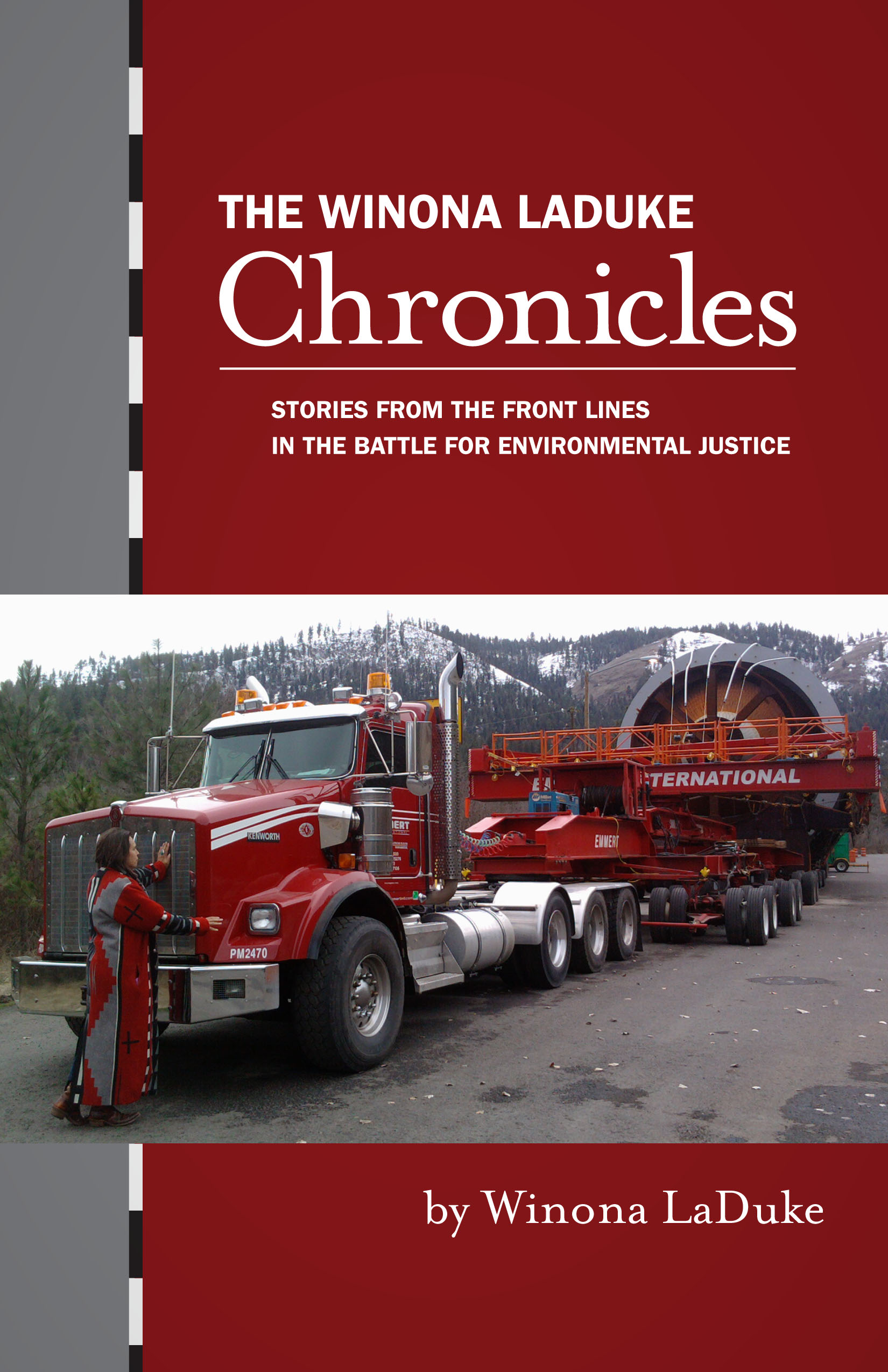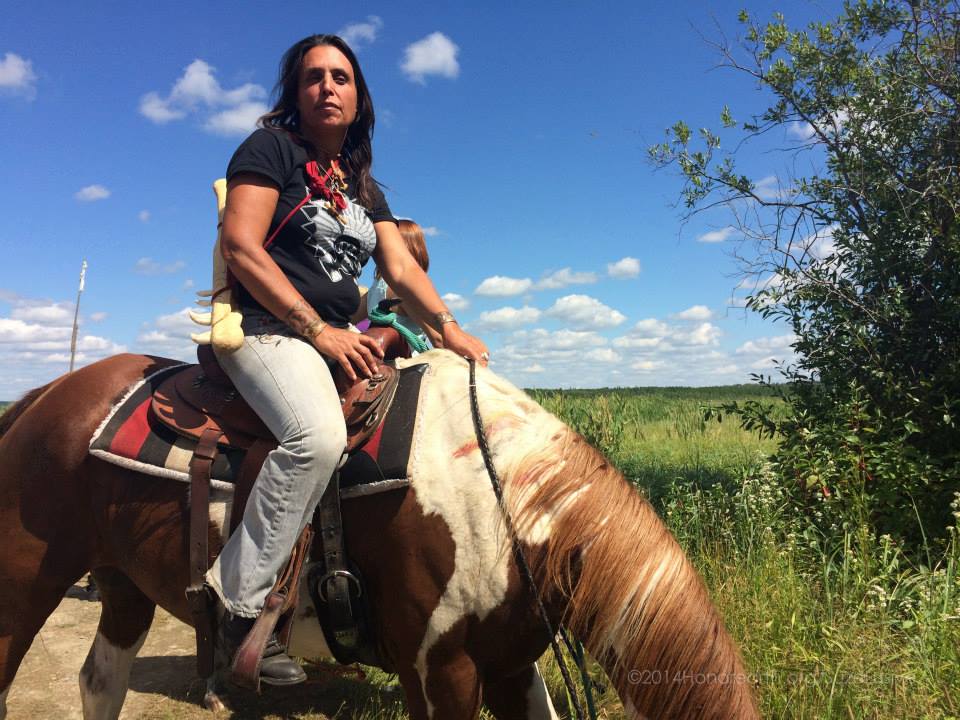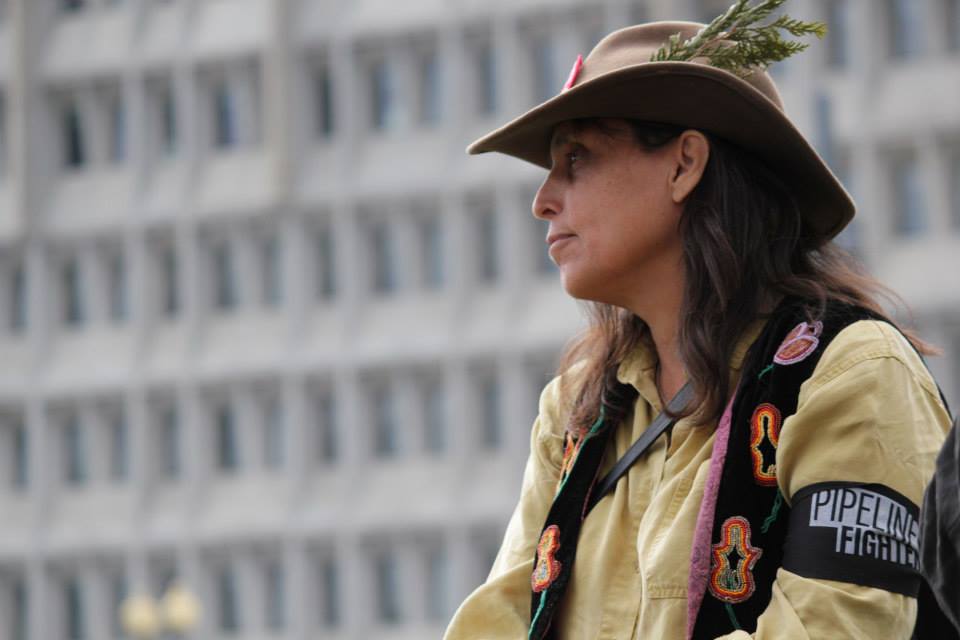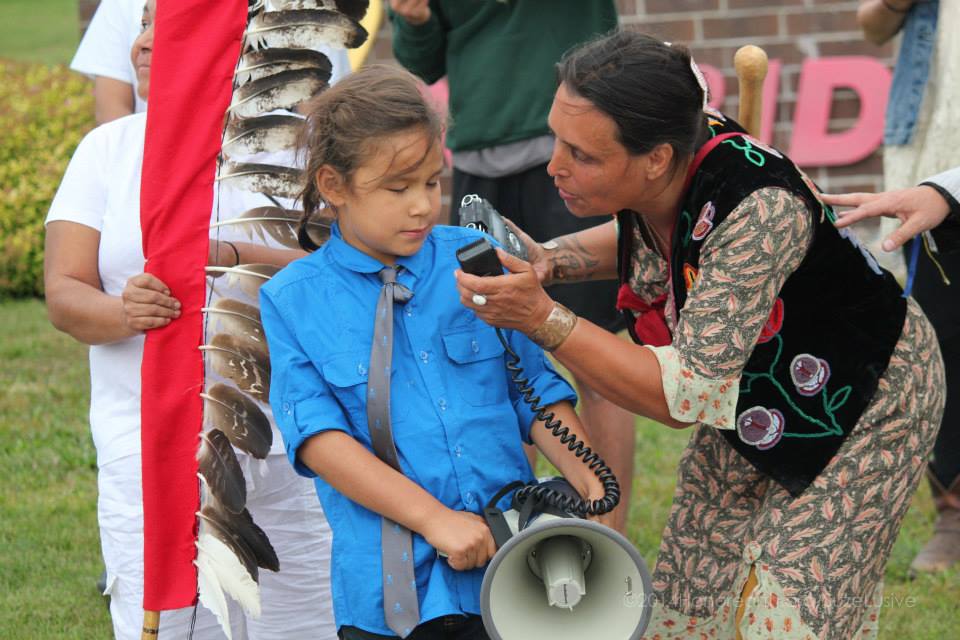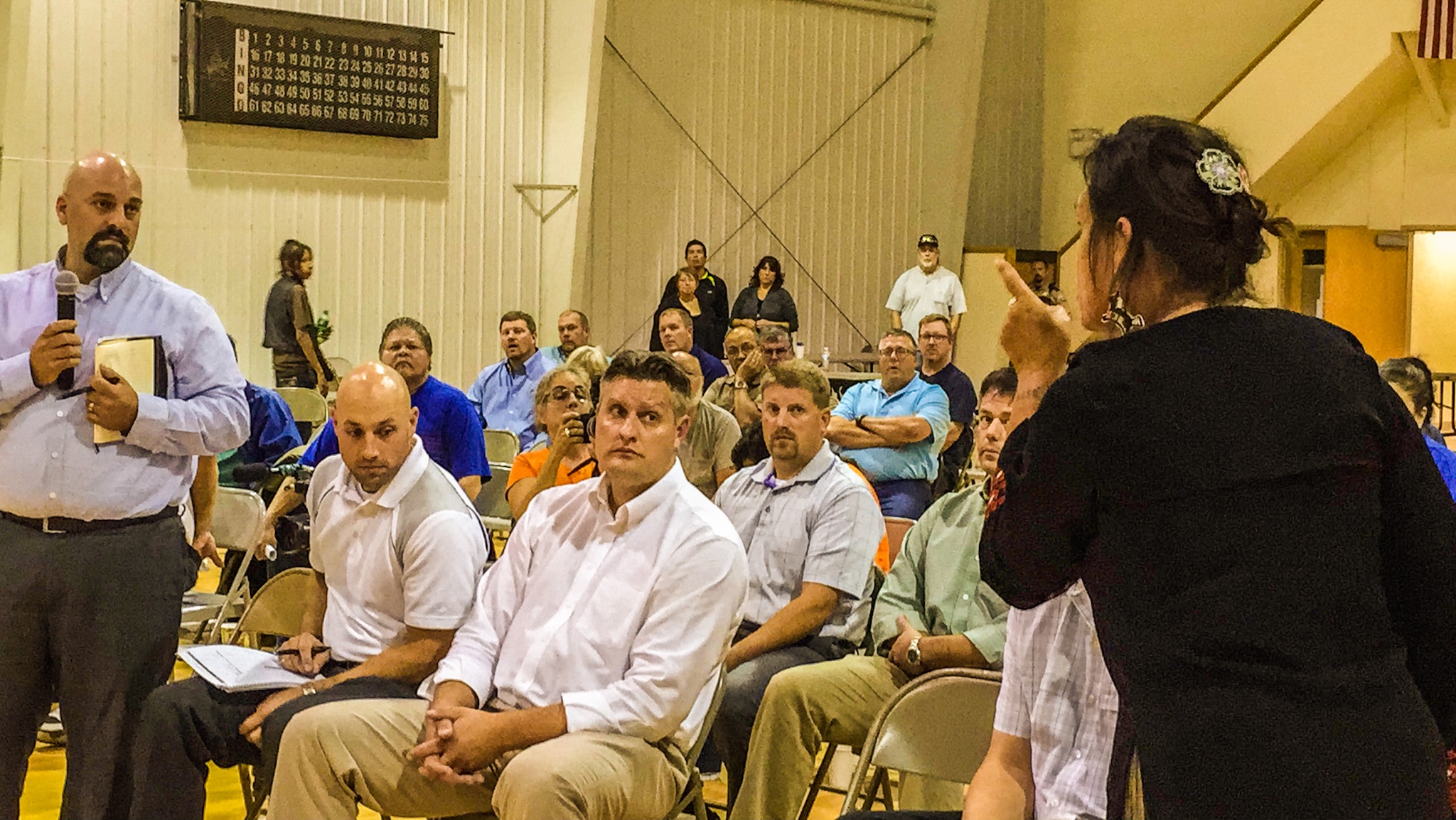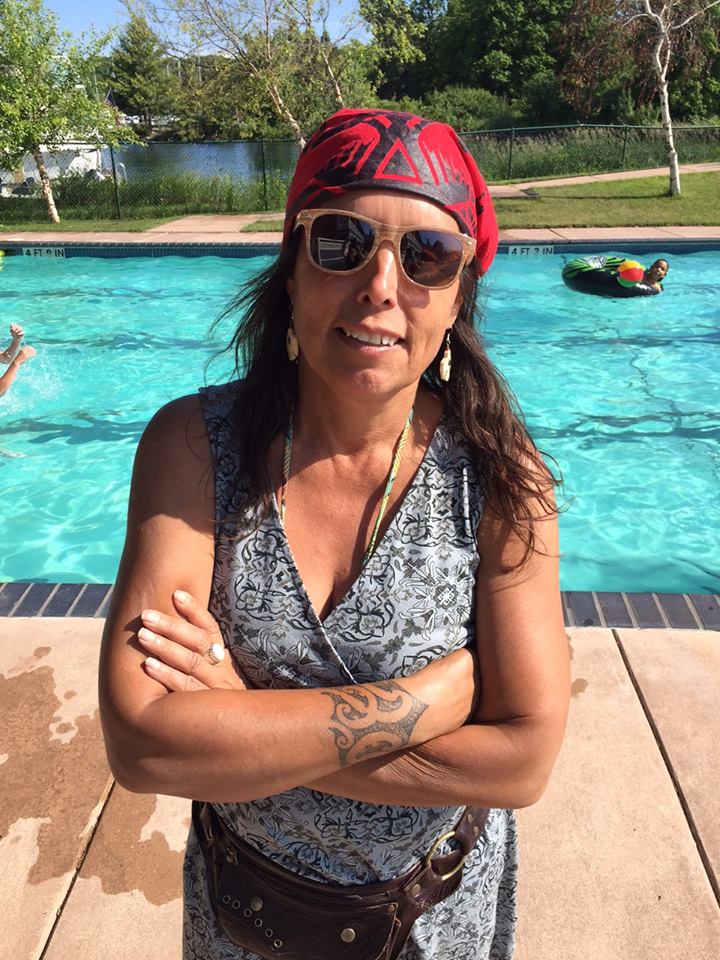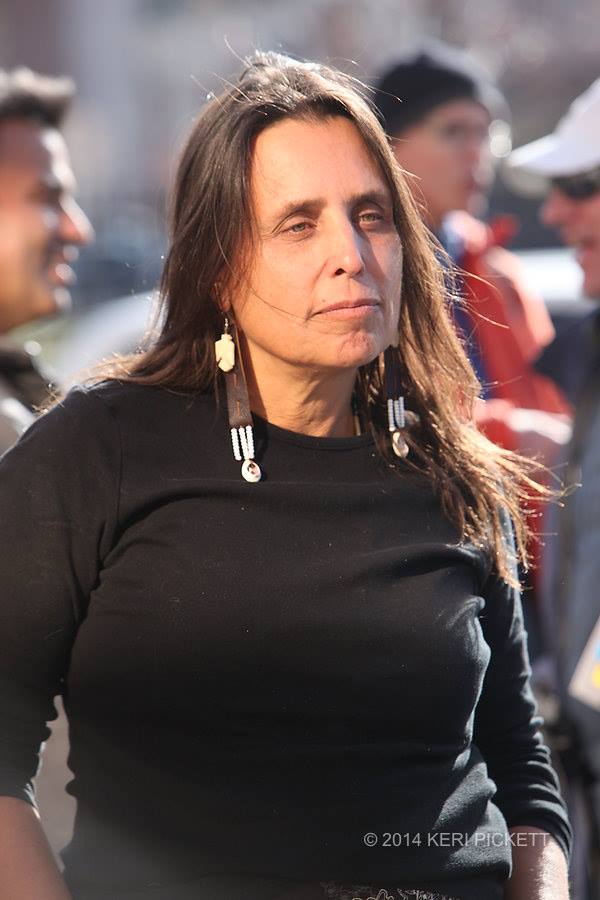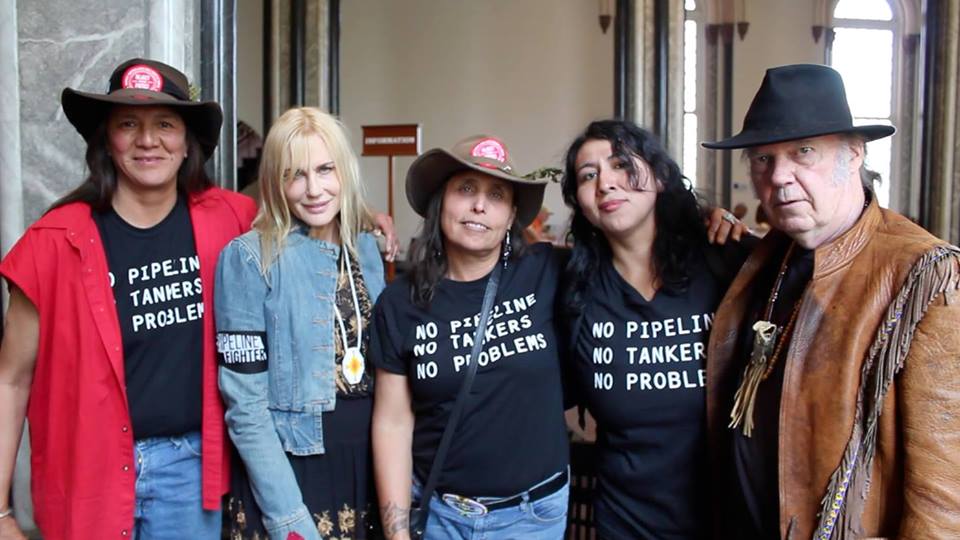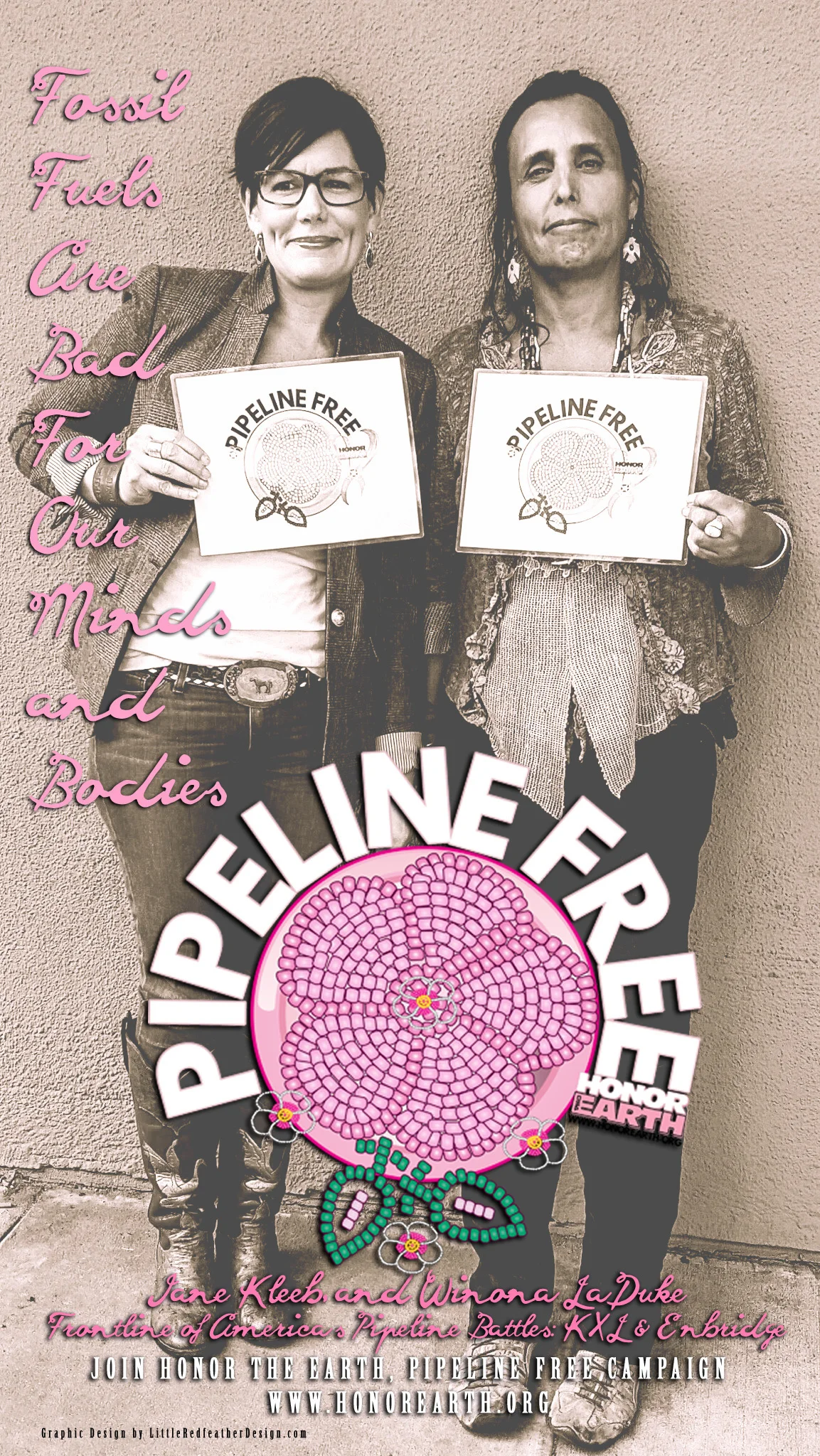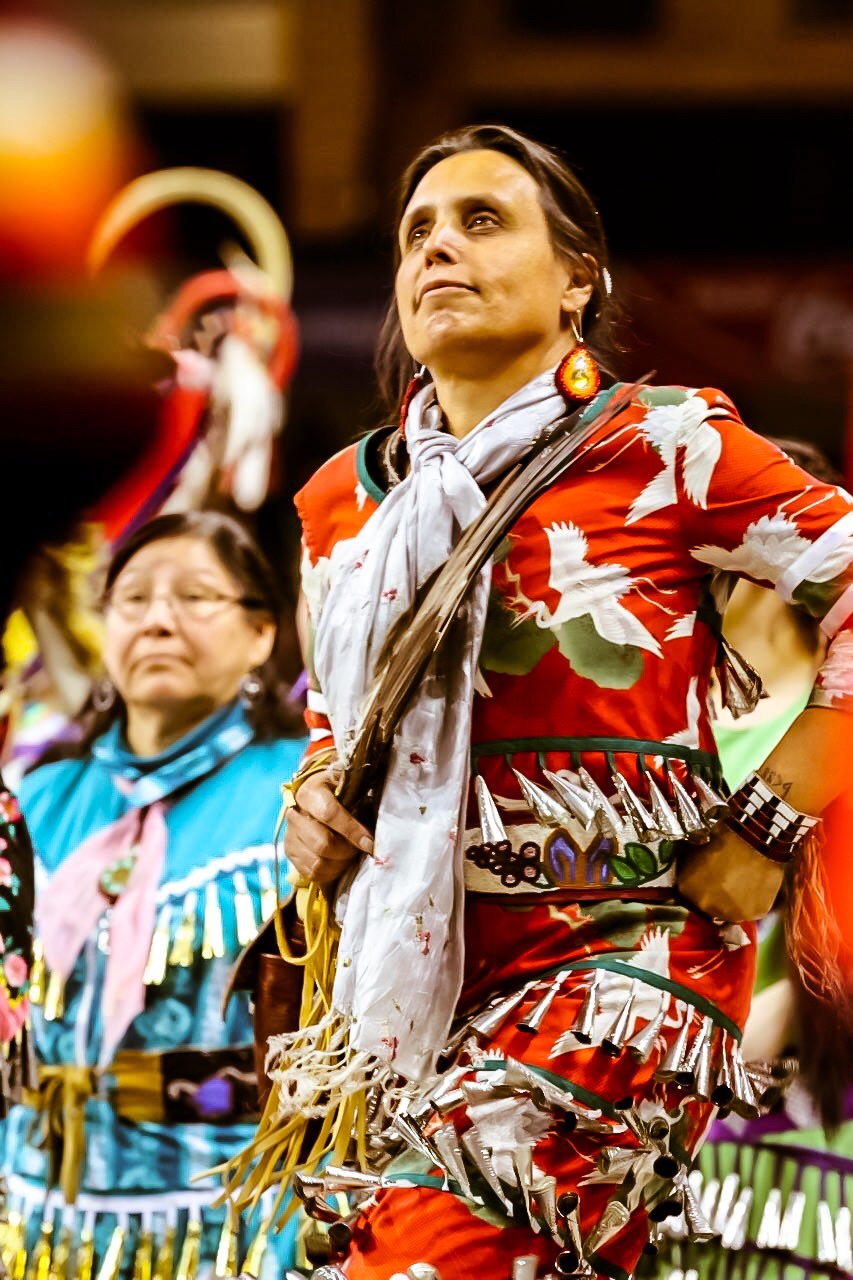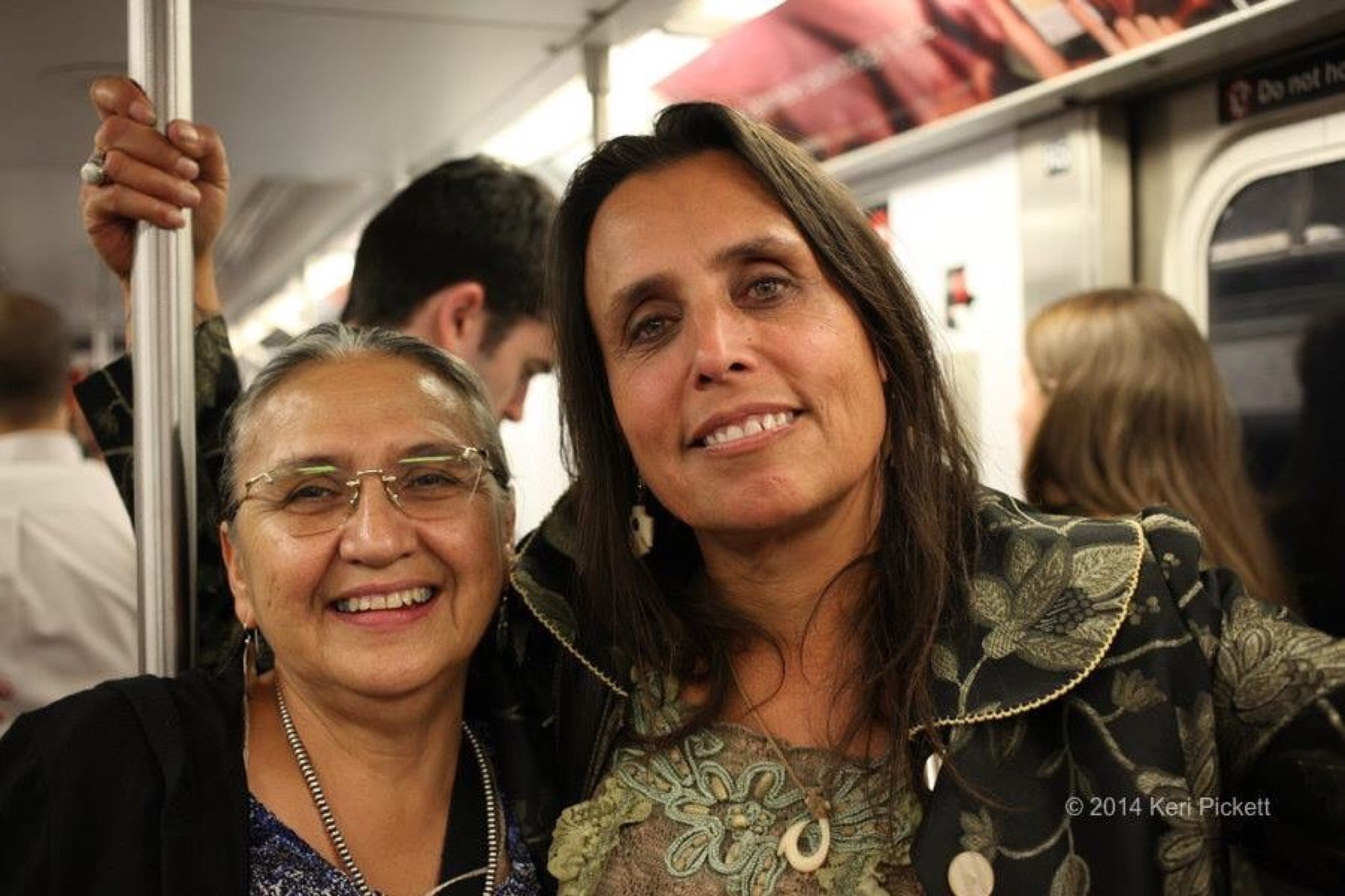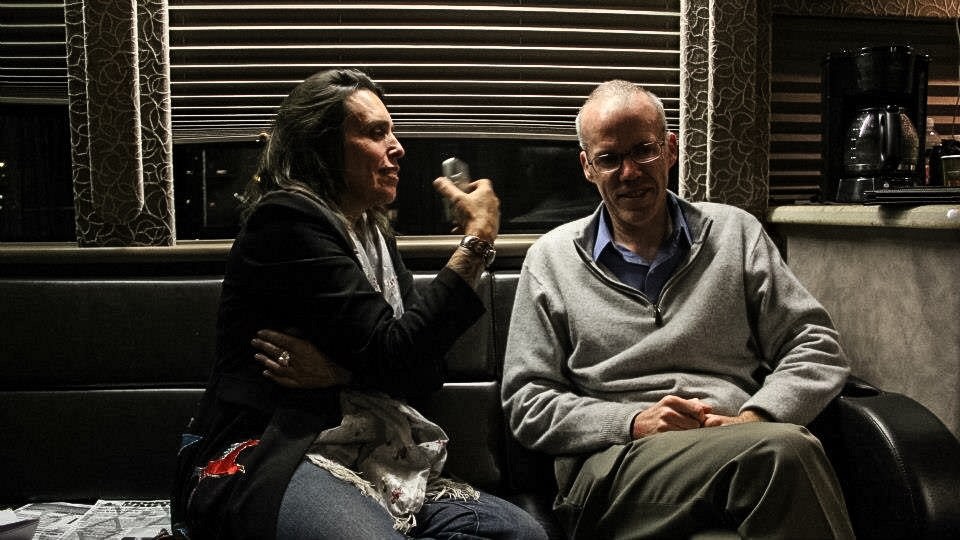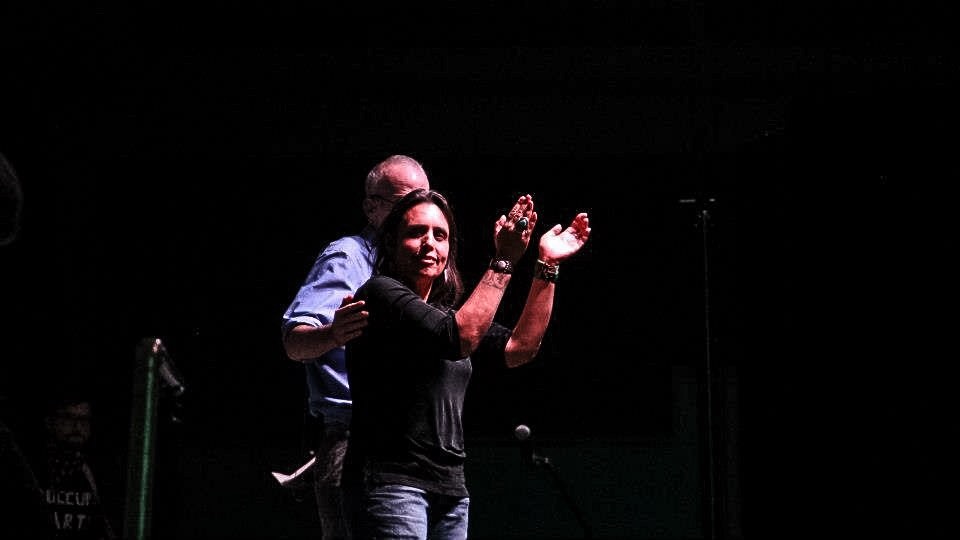Indigenous Food Sovereignty in the United States paperback featuring Foreword by Winona LaDuke
Indigenous Food Sovereignty in the United States
Restoring Cultural Knowledge, Protecting Environments, and Regaining Health
Edited by Devon A. Mihesuah, Elizabeth Hoover, Foreword by Winona LaDuke
Indigenous Food Sovereignty in the United States
Restoring Cultural Knowledge, Protecting Environments, and Regaining Health
Edited by Devon A. Mihesuah, Elizabeth Hoover, Foreword by Winona LaDuke
Centuries of colonization and other factors have disrupted indigenous communities’ ability to control their own food systems. This volume explores the meaning and importance of food sovereignty for Native peoples in the United States, and asks whether and how it might be achieved and sustained.
Unprecedented in its focus and scope, this collection addresses nearly every aspect of indigenous food sovereignty, from revitalizing ancestral gardens and traditional ways of hunting, gathering, and seed saving to the difficult realities of racism, treaty abrogation, tribal sociopolitical factionalism, and the entrenched beliefs that processed foods are superior to traditional tribal fare. The contributors include scholar-activists in the fields of ethnobotany, history, anthropology, nutrition, insect ecology, biology, marine environmentalism, and federal Indian law, as well as indigenous seed savers and keepers, cooks, farmers, spearfishers, and community activists. After identifying the challenges involved in revitalizing and maintaining traditional food systems, these writers offer advice and encouragement to those concerned about tribal health, environmental destruction, loss of species habitat, and governmental food control.
ABOUT THE AUTHOR
Devon A. Mihesuah, a member of the Choctaw Nation, is Cora Lee Beers Price Professor in International Cultural Understanding at the University of Kansas. She has served as Editor of the American Indian Quarterly and is the author of numerous award-winning books, including Choctaw Crime and Punishment, 1884–1887; American Indigenous Women: Decolonization, Empowerment, Activism; Recovering Our Ancestors' Gardens: Indigenous Recipes and Guide to Diet and Fitness; American Indians: Stereotypes and Realities; and Cultivating the Rosebuds: The Education of Women at the Cherokee Female Seminary, 1851–1909.
Elizabeth Hoover, Manning Associate Professor of American Studies at Brown University, is the author of articles about food sovereignty, environmental health, and environmental reproductive justice, as well as the book The River Is in Us: Fighting Toxics in a Mohawk Community. She is a board member of the Native American Food Sovereignty Alliance and of the Slow Food Turtle Island regional association and has worked with the Mohawk organization Kanenhi:io Ionkwaienthon:hakie.
Winona LaDuke, an Anishinaabe writer and economist from the White Earth reservation in Minnesota, is Executive Director of Honor the Earth, a national Native advocacy and environmental organization, and the author of numerous articles and books.
REVIEWS & PRAISE
“Return and recovery is very much at the heart of this volume. Indigenous food sovereignty argues for rooted and collective continuance. More than about development and conservation—or resilience even—it is about sacredness and intimacy, health and sovereignty, food and identity; and it comes from a place deep within.”—Virginia D. Nazarea, author of Heirloom Seeds and Their Keepers: Marginality and Memory in the Conservation of Biological Diversity
“The collective wisdom of Turtle Island’s indigenous peoples offered in Indigenous Food Sovereignty charts a course for decolonization and liberation—and a vision for a better food system and a just society.”—Eric Holt-Giménez, author of A Foodie’s Guide to Capitalism
“This thoughtfully curated collection of essays gives food scholars a vital window on the gorgeous and fierce resilience of indigenous food systems and the activists who work to preserve them against steep odds. It will shape the way we think about indigenous food systems for years to come.”—Amy Trauger, author of We Want to Live: Making Political Space for Food Sovereignty
BOOK INFORMATION
17 B&W ILLUS., 1 CHART, 4 TABLES
390 PAGES
PAPERBACK 978-0-8061-6321-5
PUBLISHED AUGUST 2019
Book Review of Winona LaDuke: "A Bard for Environmental Justice"
Winona LaDuke Chronicles: A Bard for Environmental Justice "LaDuke is one of the great overlooked orators of our time, and she brings this prowess to every page."
Written by: Georgianne Nienaber
Writer and author
Winona LaDuke’s latest book reads like a prayer. These are holy words— inspirational stories taken straight from the heart of indigenous communities throughout the world. The Winona LaDuke Chronicles: Stories From the Front Lines in the Battle for Environmental Justice is lyrical, instructional, and infused with wry humor when the weight of the message becomes unbearable. LaDuke provides a roadmap through tribal nations’ belief systems; offering a spiritual compass and invaluable insight into the relationship of prophesy to the realities of climate change, economic collapse, food scarcity and basic human rights. As it happens, prophesy does come true and redemption is possible despite this encyclopedia of environmental and spiritual insults.
Are we hell-bent on embracing environmental calamity or is atonement and redemption possible through the lessons offered by indigenous belief systems? How fascinating to learn that corn has a history, that seeds have a profound spiritual meaning, and that plants have a sacred relationship with humans. Provide the environment in which food will flourish and there will be no need for genetic crop engineering.
LaDuke is one of the great overlooked orators of our time, and she brings this prowess to every page.
Her standard biography is well known. A two time Green Party vice-presidential candidate, LaDuke has 40 years of activism behind her. A graduate of Harvard University, LaDuke is an Anishinaabekwe (Ojibwe) enrolled member of the Mississippi Band of Anishinaabeg. In the preface to Chronicles, she offers testimony to all that life teaches. As for those two losing vice-presidential campaigns, in the essay, “Recovering from the Drama of Elections,” LaDuke calls out Republican Speaker of the House Paul Ryan and offers valuable and obvious advice. “People want to be heard.” American politics should be defined by diversity rather than establishment money and corporations afforded the status of personhood.
The metaphors of fire and resurrection infuse the story telling.
“I have now more winters behind me than before me. It has been a grand journey. I am grateful for the many miles, rivers, and places and people of beauty,” LaDuke writes.
It was after the loss of her home to fire in the early days of a bleak 2008 winter; a loss that included books, a lifetime of memorabilia, and sacred objects, that the orator and writer temporarily lost her voice. LaDuke says she could not write, could not sleep and could barely speak. Memory became tenuous as she struggled with the even more profound losses of her father, the father of her children, and her sister. She equates the rock bottom feeling of PTSD with being “a casualty of the modern Indian Wars.” She had lost her loves, her heart and some of her closest friends. But “after the burn” indigenous people know that the fields, the forests and the prairies rebound with new growth. LaDuke found this growth in the writing and the story telling. Now a self-described “modern day bard,” she travels across the land, sharing stories from other lands and writing them down along the way.
These are her chronicles, at once universal and very personal.
In these days of the great Canadian fire that has devastated Fort McMurray, it is a stunning coincidence that in the early pages of Chronicles, LaDuke tells the story of a 2014 meeting with Archbishop Desmond Tutu there. The town, which has endured much suffering in the current news cycles, is the booming center of the Alberta Tar Sands projects. It is also the ancestral home of the Athabasca Chipewyan First Nation. Tutu was there to speak about climate change and global warming. Media coverage criticized Tutu as being misinformed. Tutu warned that pipelines and oil contribute to the devastation of First Nation lands and livelihood and that the resulting climate change would be devastating.
Scientists attribute the Alberta firestorms to climate change. A prophecy fulfilled?
The essay “My Recommended Daily Allowance of Radiation,” slams the North Dakota Department of Health for approving the increase of radioactive materials scuttled in landfills by a factor of 10 or 1000 percent. (from 5 pico curies per liter to 50) It seems the fracking industry was dumping 27 tons a day at 47 pico curies per liter and the illegal dumping issue needed a quick fix. This all scary stuff and LaDuke lays out the rationale for avoiding radioactive materials, especially since not all of it was making it to the landfills. Radioactive filter socks were thrown in ditches and kids found them to be interesting toys.
In that characteristic flash of wry humor, LaDuke quotes a female representative from the North Dakota Oil and Gas Industry. “Nuclear radiation isn’t so bad,” the rep said. “It’s not like Godzilla or anything. It’s more like Norm from Cheers, just sitting at the bar.”
“I want more of whatever psychedelic drug she’s taking,” LaDuke writes.
“In the Time of the Sacred Places” describes two paths to the future. One is scorched and one is green, and the Anishinaabeg would have to choose. (So do we all) Ancient teachings speak of a mandate to respect the sacred. In the millennia since the ancient prophecy, sacred Beings still emerge. LaDuke writes that they emerge in “lightning strikes at unexpected times, the seemingly endless fires of climate change, tornadoes that flatten” and floods.
As the Haudenosaunee teaching says, “...Our future is seven generations past and present.” We must assume responsibility. LaDuke’s fine book is our map.
REVIEW ABOVE Written by: Georgianne Nienaber, Writer and author
New Book Release The Winona LaDuke Chronicles !
Out: January 2016, Order yours now
“I have lived much of my life on the road. Like my mother and father before me, I travel. For me it is from one tribal nation to another, from University to College, regulatory hearing, court room, to the United Nations; and then home. It is by car, airplane, sometimes by horse or canoe. This is the book of those travels, a privileged life indeed. In this space, people share their stories, or, sometimes, if I am lucky, a story unfolds as I watch; pen in hand.” Winona LaDuke
UPDATE ... The Winona LaDuke Chronicles is now released as of January 2016.
Pre Order Now: The Winona LaDuke Chronicles
Out: January 2016, Pre-Order Yours
“I have lived much of my life on the road. Like my mother and father before me, I travel. For me it is from one tribal nation to another, from University to College, regulatory hearing, court room, to the United Nations; and then home. It is by car, airplane, sometimes by horse or canoe. This is the book of those travels, a privileged life indeed. In this space, people share their stories, or, sometimes, if I am lucky, a story unfolds as I watch; pen in hand.” Winona LaDuke
“Winona LaDuke standing in front of ExxonMobil Heavy Haul truck, near Lolo Hot Springs, Oregon. Truck is stranded on the historic highway 12, Nez Perce territory.”
A two time vice presidential candidate in l996 and 2000, author of five books of non fiction, one children’s’ book and a novel, Chronicles is a major work of current , pressing, and inspirational stories of Indigenous communities- from the Canadian subarctic, to the heart of Dine Bii Kaya, Navajo Nation. Stories range from visits with Desmond Tutu, front line Indigenous leaders, to restored Indigenous farming, and the ability of this society to move from a Tipi to a Tesla. This book tells of the need and the ability to make an elegant transition to a post fossil fuels economy. Long awaited, the book is a labor of love, a tribute to those who have passed on and those yet to arrive.
Quotes from the Book
Winona LaDuke’s, LaDuke Chronicles, comes out this solstice. Long awaited, the book is at once, a travel journal, as she moves from one tribal community, village or gathering to another; and also features well-researched, in depth stories, analysis and tributes. Published by her new Spotted Horse Press publishing company, LaDuke shares much of her life, and the stories which compel her.
From the back cover, “I have lived much of my life on the roadLike my mother and father before me, I travel- from one tribal nation to another, from University to College, regulatory hearing, court room, to the United Nations; and then home. This is the book of those travels, a privileged life indeed. In this space people share their stories, or, just at that moment, a story unfolds as I watch; pen in hand.”
Excerpts:
From Spirit Bear and the Pipeline
“Peter Okimaw walked up to the microphone. He is a middle-aged man from the village of Driftpile, a Cree reserve around 250 miles north of Edmonton. “When I was a kid, I used to drink from those creeks and rivers,” he said. “Now I have to go to Walmart and buy water when I go into the bush by those creeks….”
During this portion of the testimony, the Enbridge representatives made few notes and wrote very slowly.
Okimaw continued: “I had seen the beaver there going crazy. I said to my brother that we wouldn’t go crazy... Sure we’d like to take our children to swim, but where? We have to go to Edmonton to swim in a pool. It’s our traditional land and we should keep it that way. We should save the rest. Once you’ve taken the heart of Mother Nature, then where do we stand? The world will be looking at us in Alberta. They will say, ‘Boy, it was good while it lasted.’”
On Legalization of Marijuana:
“…I am told that 40% of my community smokes the herb. The fact is we’re spending millions of dollars a year importing marijuana from largely unsavory characters onto the reservation, creating a great loss to our tribal economy. This is undeniable in every reservation. I haven’t done complete studies, but in order to buy marijuana from dealers elsewhere, conservative estimates indicate that $60,000 a week is draining from my own reservation, White Earth. With a little math, it looks like around $3 million annually heads to the drug lords, or maybe just the Nancy Botwin of theWeeds series.
From Tipi to a Tesla- Me and Emma:
“…I would like to drive a couple of cars in the next few years. I would like to drive a Jaguar—not own one, just drive one—across the Golden Gate Bridge. Maybe navy blue, or slate grey. And maybe a real old school car, too, like an old Chevy. A rounded-edges one. No sharp fins.
Why would I like to do this? Because—in their own way—they are works of art to me, perhaps to all of us, beautiful works of art created in a fossil fuel era. And that era will be over soon, because it is time…. I just want to see an elegant transition, not a crashing-my-way-out-of-the-fossil-fuel-era transition of climate change and poison.
The reason why I know that the fossil fuel era in cars will end is a simple energy inefficiency problem. Of the six gallons of gas you put into the car, only about one gallon actually moves the car forward….
Emma Lockridge is holding a sign that says: “Marathon Buy my House”. She is wearing a shirt that says “Blood Oil “on it, with a picture of the Marathon Refinery. Then she says, “We have a tar sands refinery in our community and it is just horrific... We are (a) sick community. We have tried to get them to buy us out. They keep poisoning us. And we cannot get them to buy our houses.”
On the Violence Against Women Act ( Jancita Eagle Deer) “We cannot vote for an amendment…that basically strips the rights of Native American women and treats them like second-class citizens. Nor can we just go silent on what is an epidemic problem in our country.” – Senator Maria Cantwell
On Idle No More and Canadian Colonialism:
“ There is some money flowing in, that’s sure. A 2010 report from DeBeers states that payments to eight communities associated with its two mines in Canada totaled $5,231,000 that year. Forbes Magazine reports record diamond sales by the world’s largest diamond company “…increased 33 percent, year-over-year, to $3.5 billion…”
As the Canadian Mining Watch group notes: “Whatever Attawapiskat’s share of that $5-million is, given the chronic under-funding of the community, the need for expensive responses to deal with recurring crises, including one that DeBeers themselves may have precipitated by overloading the community’s sewage system, it’s not surprising that the community hasn’t been able to translate its…income into improvements in physical infrastructure.”
Last year, Attawapiskat drew international attention when many families in the Cree community were living in tents in the dead of winter. The neighboring Kashachewan Village is in similar disarray. They have been boiling and importing water. The village almost had a complete evacuation due to health conditions, including a scabies and impetigo epidemic…”
“...In the North American first world, tribal communities and first nations struggle just to survive. In our resilience and beauty, these stories are inspired,” LaDuke explains.
A two time vice presidential candidate in l996 an 2000, author of five books of non fiction, one children’s’ book and a novel, Chronicles is a major work of current, pressing and inspirational stories of Indigenous communities- from the Canadian subarctic, to the heart of Dine Bii Kaya, Navajo Nation. Stories range from visits with Desmond Tutu, front line Indige A two time vice presidential candidate in l996 and 2000, author of five books of non fiction, one children’s’ book and a novel, Chronicles is a major work of current, pressing and inspirational stories of Indigenous communities- from the Canadian subarctic, to the heart of Dine Bii Kaya, Navajo Nation. Stories range from visits with Desmond Tutu, front line Indigenous leaders, torestored Indigenous farming, and the ability of this society to move from a Tipi to a Tesla. This book tells of the need and the ability to make an elegant transition to a post fossil fuels economy. Long awaited, the book is a labor of love, a tribute to those who have passed on and those yet to arrive.
"Chronicles is a book literally risen from the ashes—beginning in 2008 after her home burned to the ground—and collectively is an accounting of Winona LaDuke's personal path of recovery, finding strength and resilience in the writing itself as well as in her work." Sean Cruz
Pre-order today! $23.00 post paid (US).
Retail: Contact us for wholesale and University prices.






